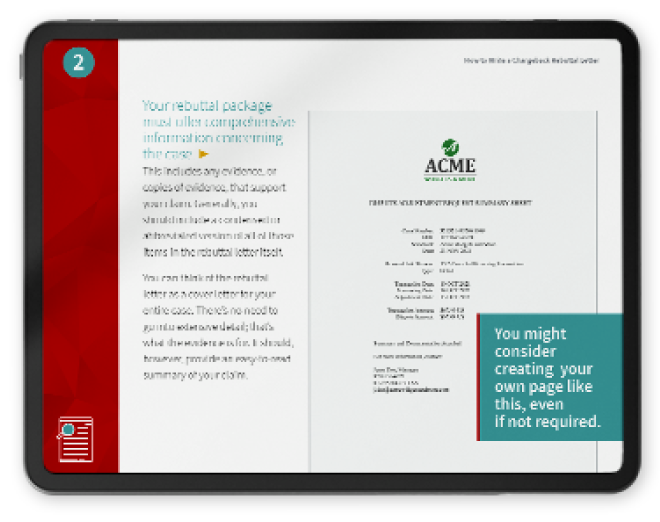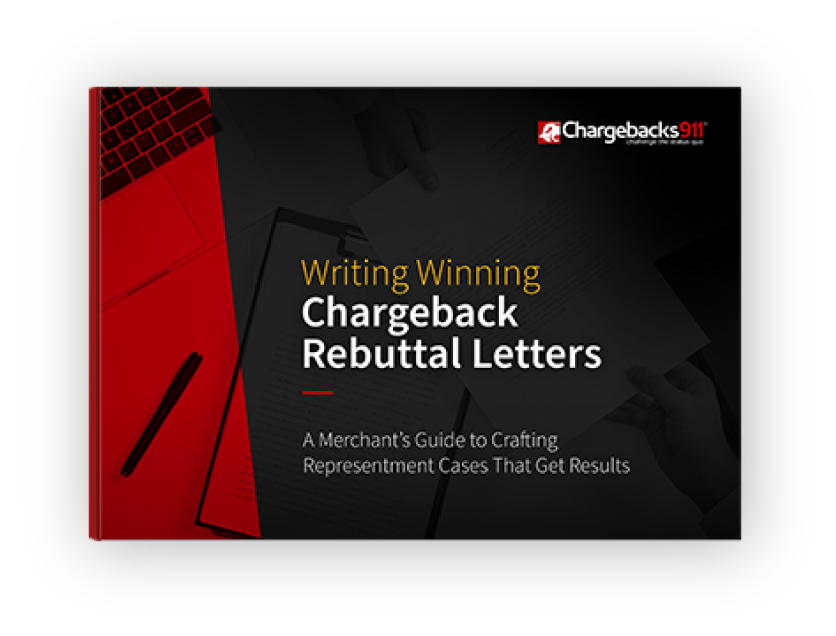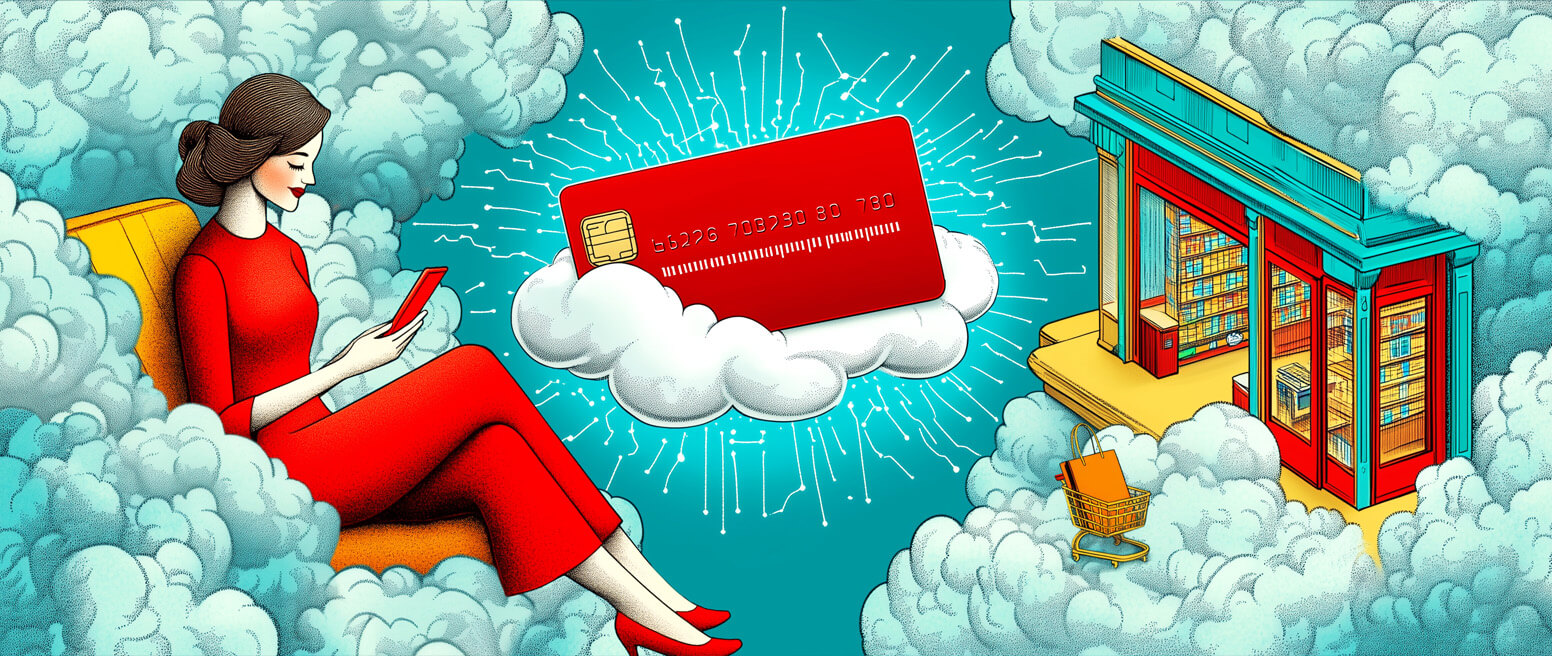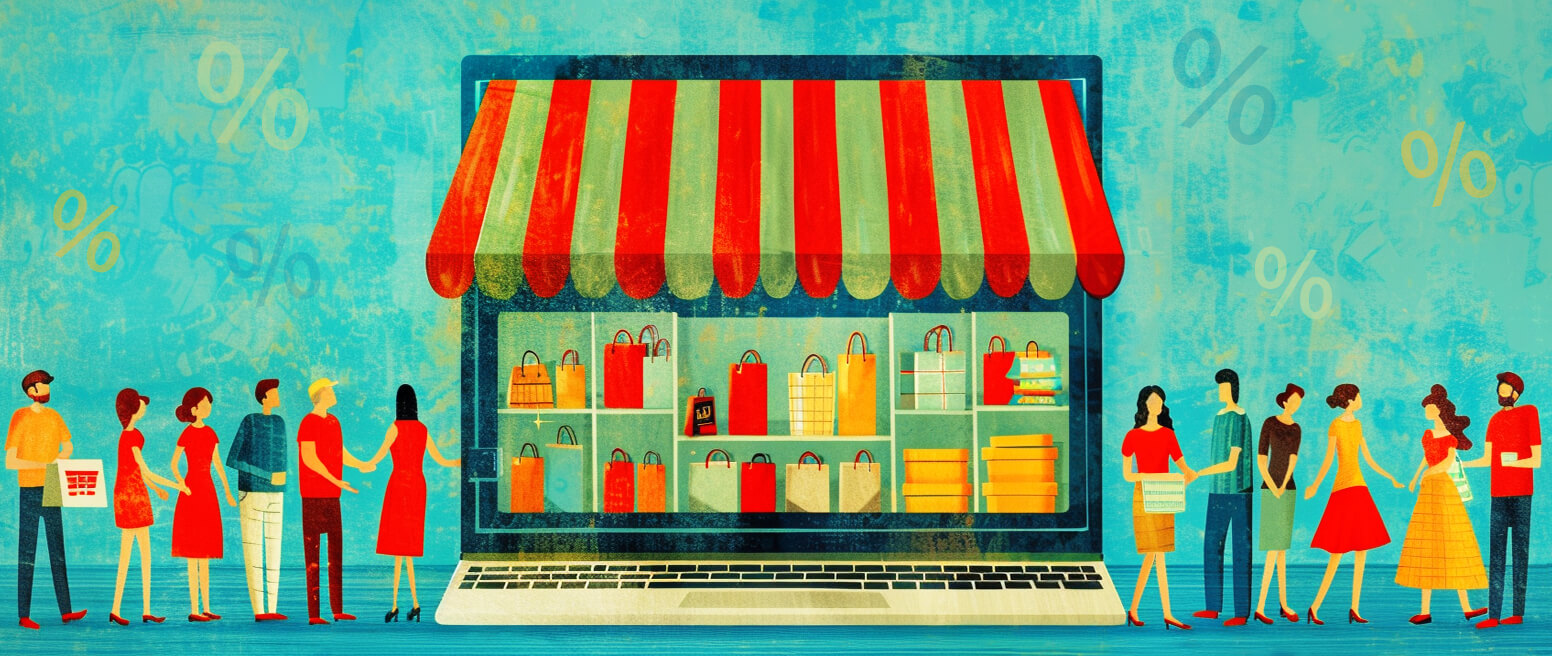Will the Post-Pandemic “Revenge Shopping” Surge Save Retailers?
“Revenge shopping” — also called “revenge buying” — is the English translation of a Chinese phrase. While the term dates back to the 1980s, it’s most commonly used to describe the phenomenon of a post-covid surge in retail activity.
Once pandemic restrictions were eased, consumers actively sought out ways to spend money on discretionary purchases they had previously been denied. Predicting a tsunami of retail buying was optimistic. But, did the surge in spending actually happen? If revenue shopping did happen, how big was the wave? Did all merchants benefit? And could there be any negative side-effects?
Recommended reading
- Buy Online, Pick Up In-Store—or BOPUS—is Transforming Retail
- Top 15 Customer Returns Reasons in 2024 & How to Avoid Them
- Online Shopping vs In-Store Shopping: the Future of Retail?
- Card-Not-Present Transactions: Know the Risks & Rewards
- What is a Return Customer Rate? How to Calculate Your RCR
- Prime Day 2024: How to Avoid Chargebacks on the Big Day
What is Revenge Shopping?
- Revenge Shopping
Revenge shopping is a phenomenon involving consumers who feel deprived of certain items or experiences, and who therefore spend more money on these items and experiences when given the chance to do so.
[noun]/rē • vəndj • SHa • piNG/Revenge buying is often observed in response to collective trauma, like the covid pandemic or the Great Recession. It could also describe individual experiences, such as splurging after finding a job following a period of unemployment.
Purchases tied to revenge shopping tend to be previously unaffordable non-essentials. In many cases, this includes upscale or luxury items.
Economists saw this coming, even before the pandemic was over. They predicted that, once things settled down, shoppers would be so ready to shop that they would splurge, often recklessly. Consumers, it was felt, were bound to increase their discretionary spending as a way of rewarding themselves for enduring shopping restrictions.
That idea is supported by a recent report from McKinsey which suggests that a diminishing threat would gradually lead to looser purse strings. It’s a classic example of “retail therapy” that, when coupled with federal stimulus checks, would theoretically boost overall consumer confidence and the economy as a whole.
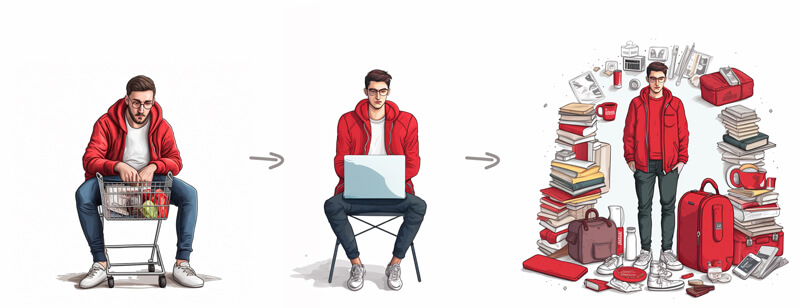
Did the Revenge Shopping Splurge Happen?
When covid hit full-on, retailers got blindsided. Companies with a major eCommerce presence like Walmart and Amazon did well, but consumers shunned physical stores, not to mention restaurants, airlines, and hotels. Revenue plummeted for tens of thousands of businesses. This was coupled with a sense of fear and uncertainty that limited buyers from purchasing anything beyond essentials. Discretionary cash was held back in case the pandemic drug on or got worse.
The expectation was always that, as the pandemic wound down, discretionary spending would recover. Merchants were likely to see more and more shoppers going after designer clothes, the latest electronic toys, and even travel and vacation opportunities.
That’s what happened, at least to some extent. In 2021, retailers in the US posted record sales during the holiday period. That same year, the US luxury goods market grew to over $64.1 billion. Global sales of major appliances jumped 31% in the first half of the year.
As expected, luxury brands benefited most. Online sales for Gucci parent company Kering saw year-over-year revenue growth of 35.2% compared to 2020. This uptick in purchases continued during 2022 as well.
By 2023, while consumers were still in a buying mood, the focus had shifted away from luxury purchases. Instead of growth, Kering saw North American sales drop 23% in the first half of the year. Over the summer, Americans spent fairly lavishly on travel, movies, concerts, and other in-person experiences they’d missed during the pandemic.
Heading into the critical fourth quarter, US sales seem to have cooled off. Now, merchants want to know if the revenge shopping fire has peaked, or even burnt itself out entirely.
Dissecting Post-Pandemic Revenge Shopping
There’s no doubt that revenge shopping helped with global market recovery after the Covid pandemic. That’s not to say there weren’t issues, though. The US market has been slower to recover than some other markets, leading to decreases in US small business revenue.
Part of the matter can be traced back to consumers’ last round of government stimulus checks. There was a jump in US sales of items like electronics, vacations, and home improvement. But, it could be argued that those purchases were less instances of revenge shopping, and more akin to a tax refund check. It looked like planned spending of extra income.

Post-pandemic sales were also impacted by the fact that potential revenge orders couldn’t be filled due to lack of product. The pandemic created issues that snowballed into massive global supply shortages:
- Factories had been shut down due to covid
- Cargo ships and containers were slowed or stalled
- Goods were held up at ports
- Shortage of truck and train operators for deliveries
Even if a retailer’s shelves were fully stocked, it still appeared that spending habits learned during the shutdown continued post-pandemic. Many Americans were still watching their budgets, which lessened revenge spending’s impact.
Unfortunately, the revenge spending that did happen also drove inflation to its highest rate in years. This put even more pressure on middle-income consumers to watch their cash flow.
While retail is past most of these problems, numbers have been cooling for months now. This may change going into the holiday season. However, a business-saving flurry of customers and explosive sales numbers may not happen.

Revenge Shopping & Fraud Threats
While most merchants are still eager for any increase in sales, revenge shopping may be a double-edged sword.
Jumps in irrational spending are typically always short-lived. It’s not something on which you can build a sustainable business. Not only that, but surges in spending are almost always accompanied by an escalation in fraud, especially in the card-not-present space.
Criminals see a dramatic increase in activity as an opportunity. They know you’re less able to devote your full attention to fraud management, which makes it the perfect time to strike.
This fraud risk is not confined to the aftermath of the pandemic. It’s actually something we see every year around the holidays for the same reason. As per a recent study from TransUnion, the number of digital retail fraud attempts during the 2022 holiday season was 127% higher than the average for the rest of the year. Retailers are overwhelmed, and fraudsters are happy to take advantage of the situation.
Revenge Shopping & Buyer’s Remorse
The threat of revenge shopping-related fraud goes hand-in-hand with another phenomenon amplified by revenge shopping: buyer’s remorse. Remember that not all fraud comes from deliberate bad actors. Chargebacks resulting from buyer’s remorse are a perfect example of fraud that might be unintentional, but will impact your bottom line regardless.
It’s not uncommon for shoppers to buy an item on impulse. But, while a customer may regret a $2 impulse buy, in the end, it’s not a big deal. On the other hand, if the impulse purchase is a $2000 television, the situation is different. The cardholder may later realize that they can’t really afford it. In response, the buyer will either request a refund, or they may opt to file a chargeback.
Buyer’s remorse is one of the leading causes of first-party chargeback misuse, commonly known as friendly fraud.
Revenge shopping involves making purchases without thinking through the potential consequences. When rationality returns, regret kicks in. Unfortunately, that may not happen for weeks; often long past the timeframe in which returns are allowed. Feeling they have no other option, the customer calls the bank and files a chargeback.
The Tip of the Iceberg
Customers can have up to 120 days after a transaction in which to file a chargeback. That means a lot of the revenue generated due to revenge shopping could disappear from your account months later.
As bad as it is, buyer’s remorse is just one of several threats falling under the “friendly fraud” umbrella. Customers may simply not recognize a purchase or deny a purchase made by a family member. Or, buyers may also mistakenly believe that a chargeback is the same thing as a refund. Unfortunately, some cardholders might even file an invalid chargeback intentionally to try to get something for free (a practice called cyber shoplifting).
Concerned that chargebacks from residual covid-related revenge shopping — or perhaps from some future market disruption — might impact your bottom line? The experts at Chargebacks911® can help you discover the true sources of your chargebacks and implement an end-to-end management strategy to recover revenue and prevent future chargebacks. Contact us today to learn more.
FAQs
What is revenge spending?
Revenge shopping happens when consumers who feel deprived of certain items or experiences spend frantically and irrationally to compensate for what they had been forced to live without.
Was there a major revenge shopping surge post-COVID?
Yes. There was a definite increase in retail spending across the globe. The numbers varied by factors such as geographic location and vertical. Experience-based purchases (travel, events) have shown the most consistent growth.
Is revenge shopping good or bad for merchants?
It depends. If consumers are simply making purchases they would have made anyway, but delayed due to the crisis, then revenge shopping can be a very good thing for merchants. On the other hand, if consumers are impulsively shopping for the sake of shopping, it could lead to increased returns and chargebacks.



